8000 calories a day and oxygen masks - how sumo wrestlers live
In the Japanese city of Nagoya there is a Buddhist temple where the elite sumo trains. This type of martial arts has been practiced since the 15th century. Athletes consume 8,000 calories a day and sleep in oxygen masks, walk around in loincloths and take turns pushing opponents out of a ring of sand.
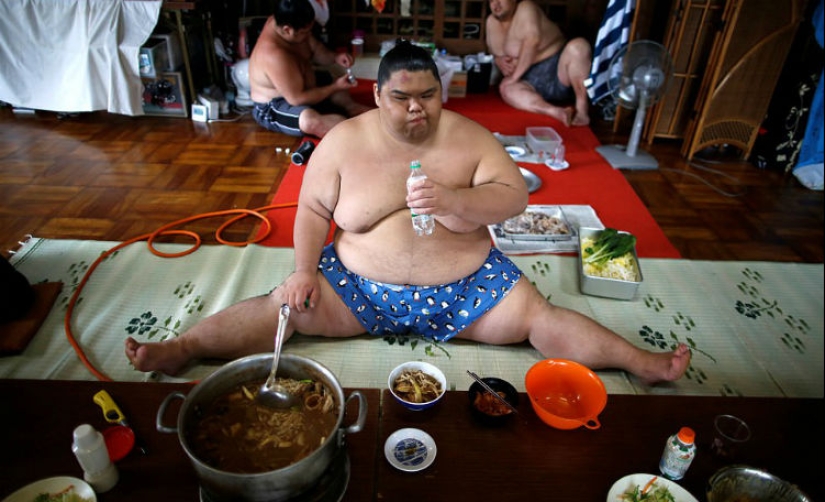
The wrestlers practice moves for three hours every morning, and at 10:30, when training ends, they sign autographs and pose for photographs like real stars. Next on the schedule is the first meal.

Sumo wrestlers are called rikishi.
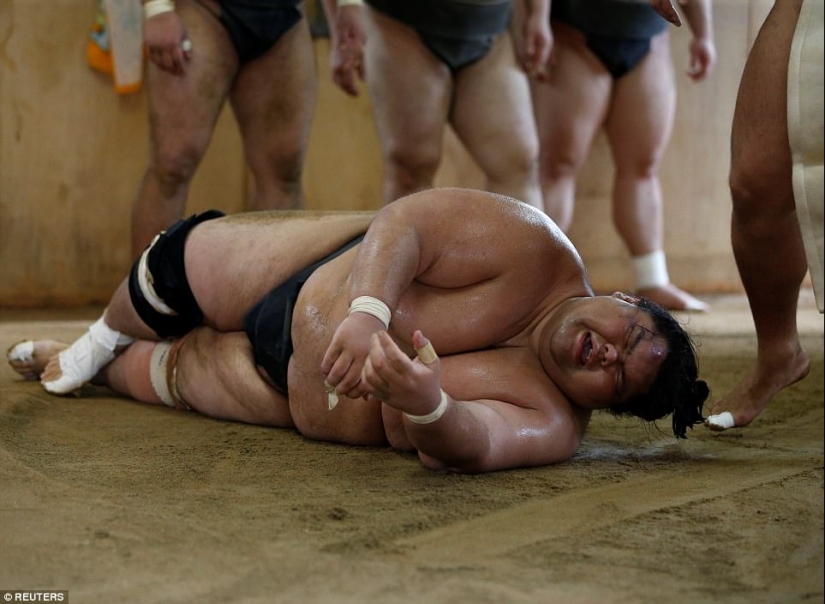
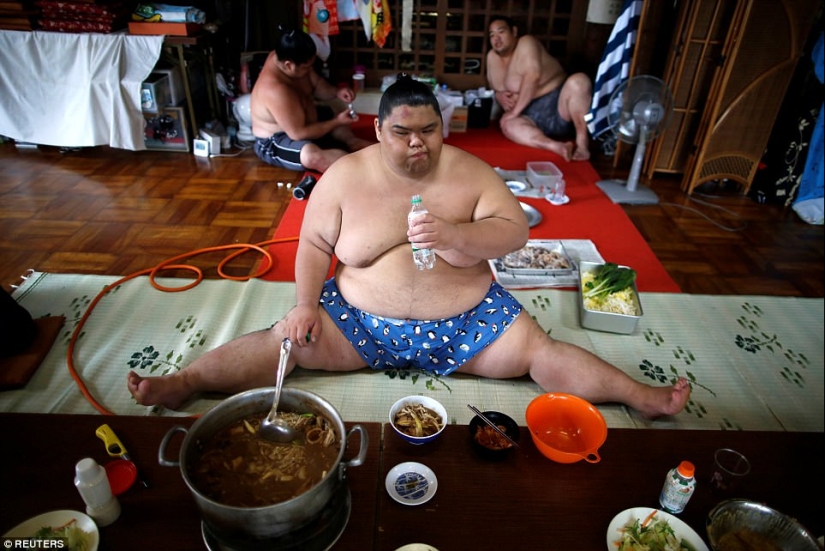
The early lunch prepared by the junior wrestlers at the temple consists of pork leg stew, fried sardines, steamed rice and chankonabe, a multi-ingredient dish (mostly protein sources) cooked in a pot.
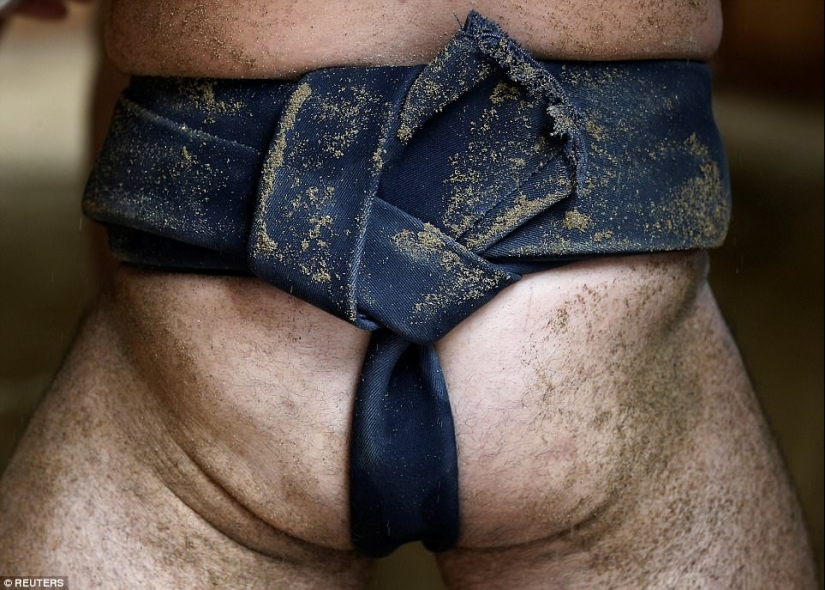
There are currently 11 people training at the Buddhist temple.
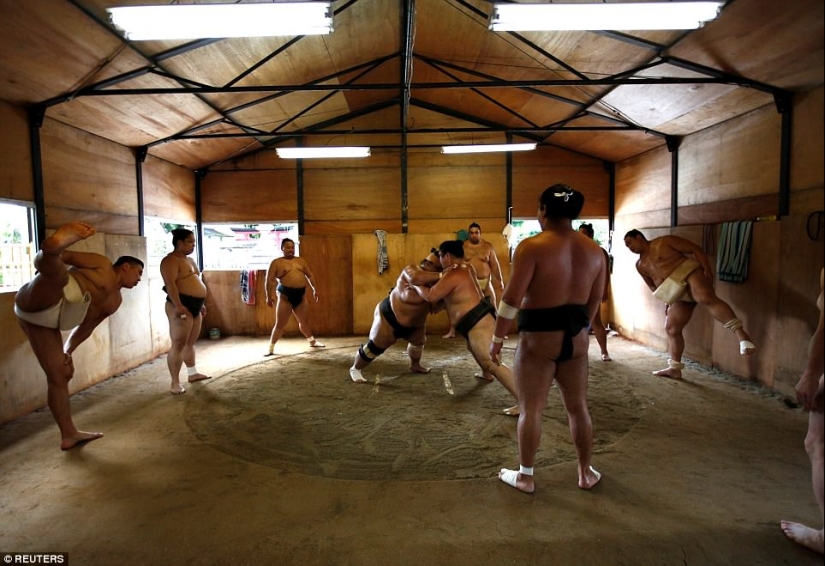
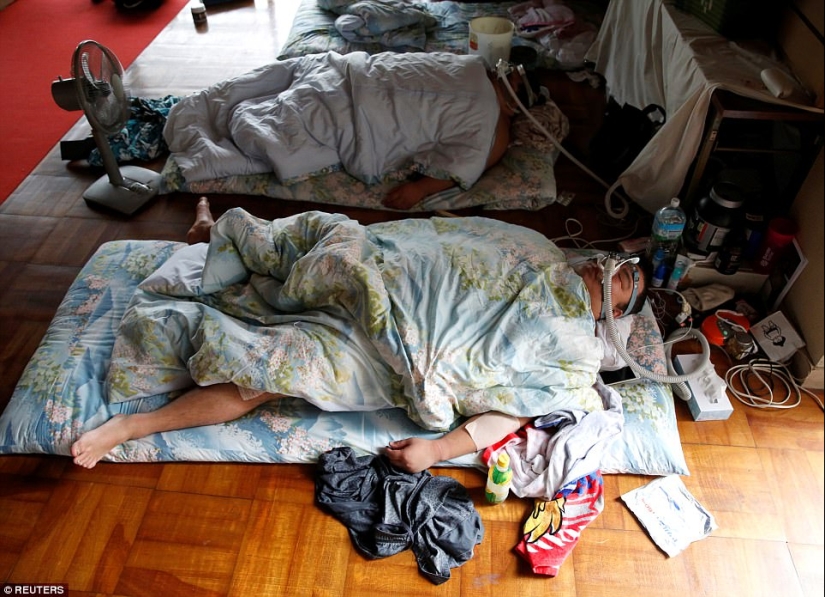
After lunch, wrestlers always sleep for several hours wearing oxygen masks to make it easier to breathe.
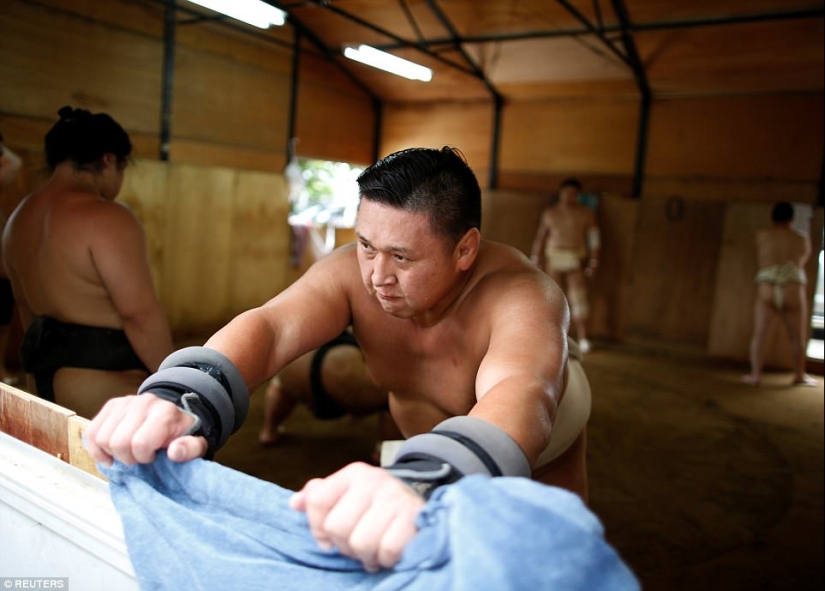
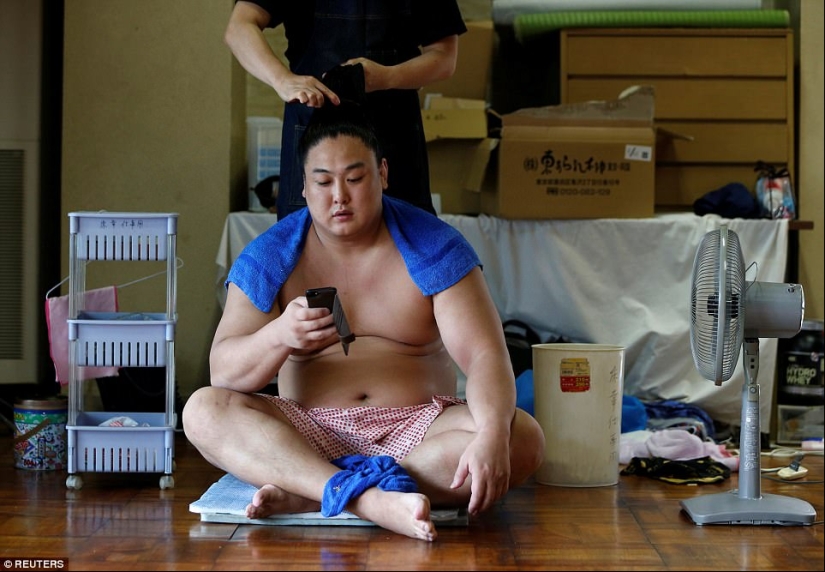
Being a sumo wrestler means eating, living and breathing like a Japanese, from the hairstyle and clothing to the rigid hierarchy.
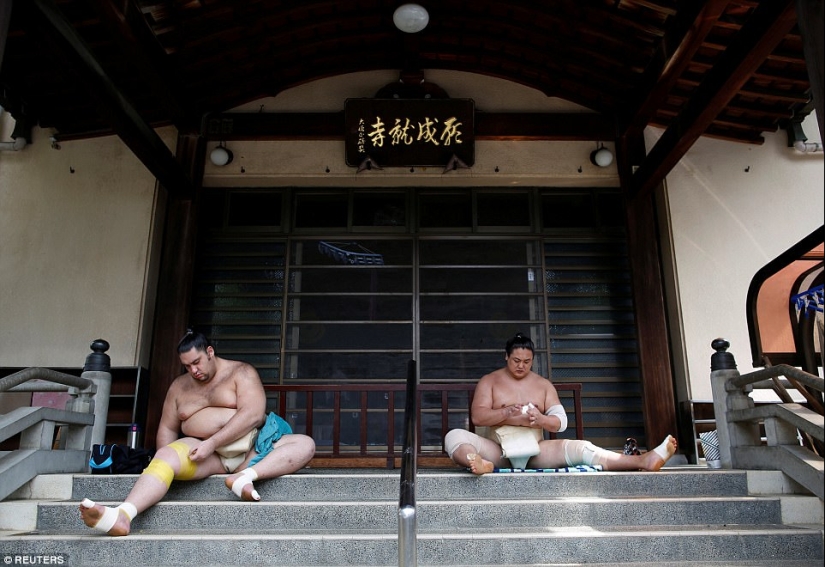
On the left is a sumo wrestler from Brazil, on the right is from Mongolia. Athletes apply an elastic bandage before training.
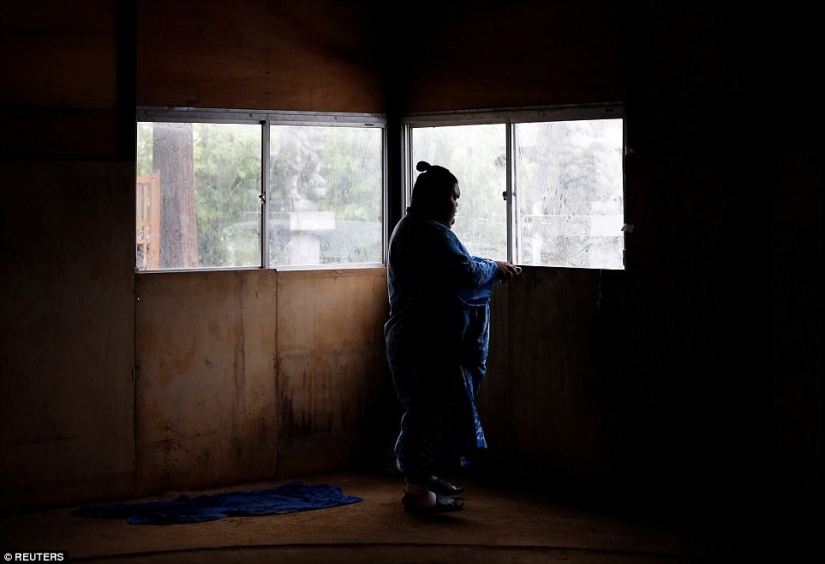
Although sumo is a traditionally Japanese sport, there are currently more foreign wrestlers, mostly Mongolians, who have difficulty assimilating into Japanese culture.
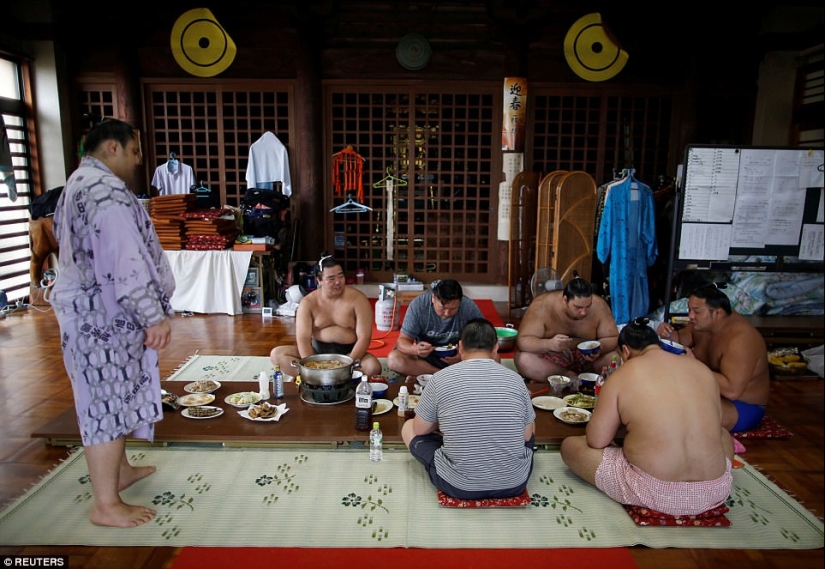
“Language is the main problem,” says Tomozuna Oyakata, better known as Kyokutenho, a Mongolian-born sumo wrestler and coach who was one of the first six Mongolian athletes accepted in 1992. “I couldn’t even understand whether they were scolding me or praising me.”
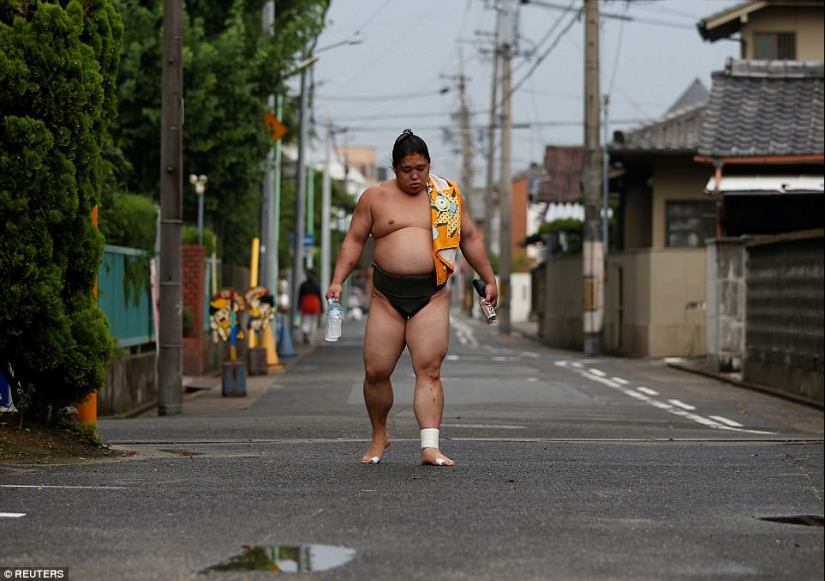
Today, the champion, whose real name is Nyamzhavyn Tsevagnyam, speaks almost flawless Japanese, married a Japanese woman and received citizenship (a mandatory requirement for those who want to become a coach).
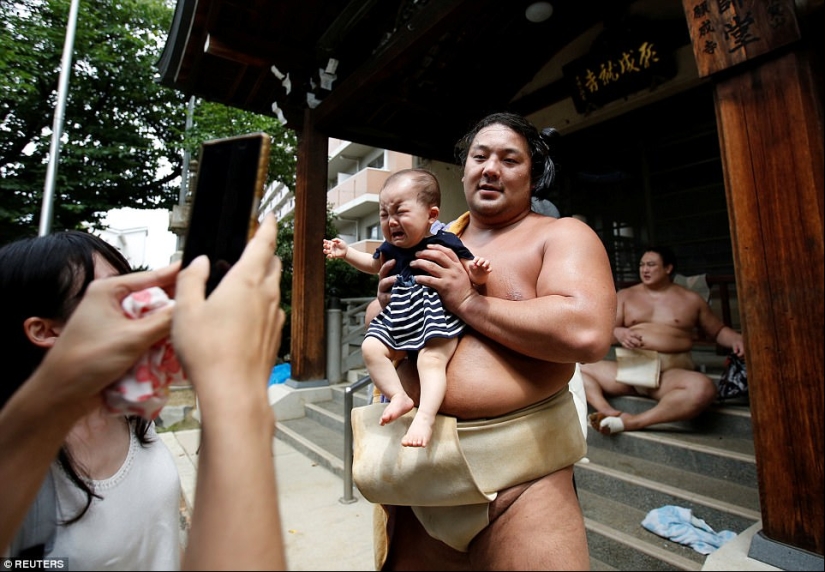
A sumo wrestler poses for a photograph.
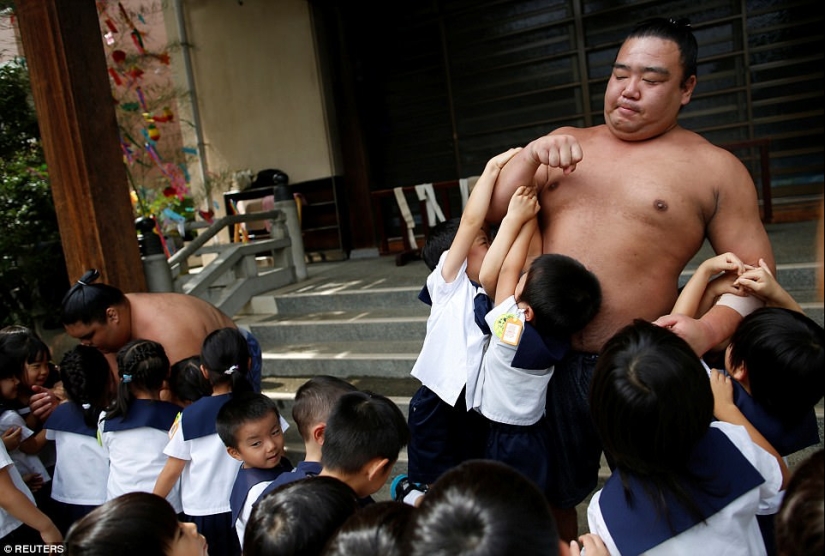
In addition, complete assimilation into Japanese culture means that the wrestler should not experience any negative emotions - anger, ill will, hostility.
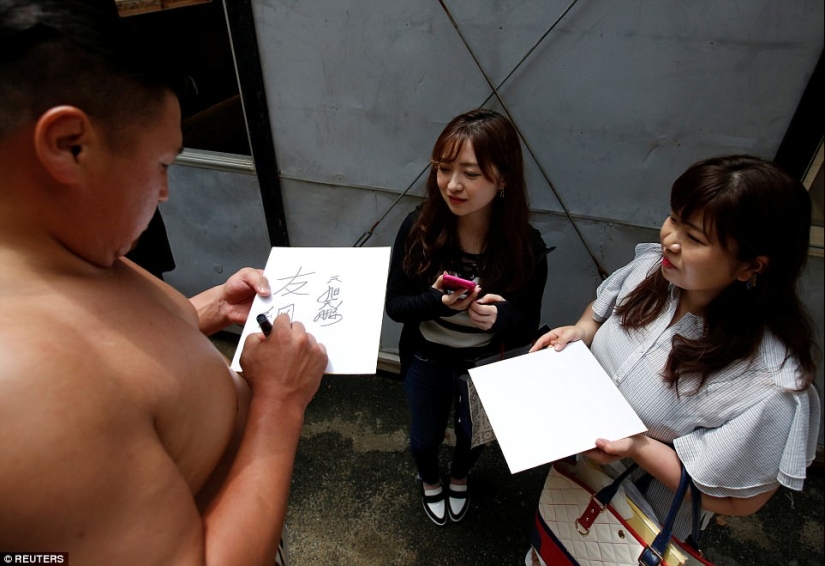
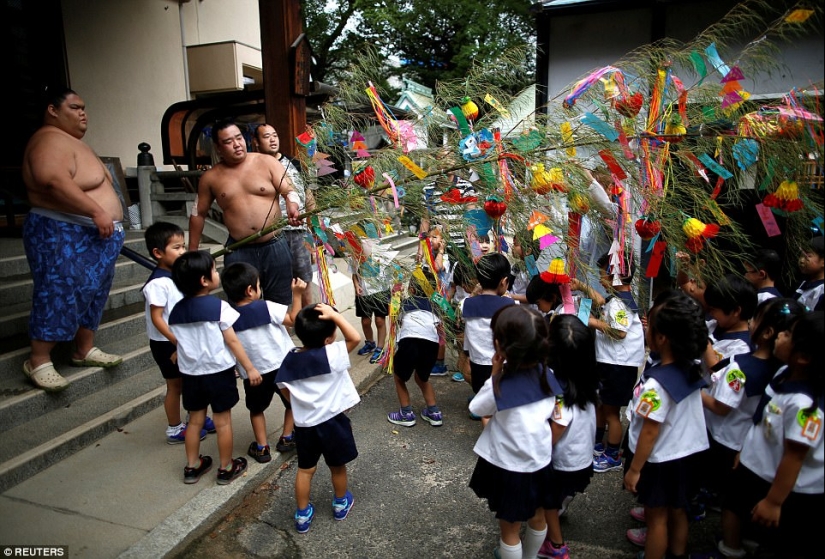
Recent articles

It's high time to admit that this whole hipster idea has gone too far. The concept has become so popular that even restaurants have ...

There is a perception that people only use 10% of their brain potential. But the heroes of our review, apparently, found a way to ...

New Year's is a time to surprise and delight loved ones not only with gifts but also with a unique presentation of the holiday ...